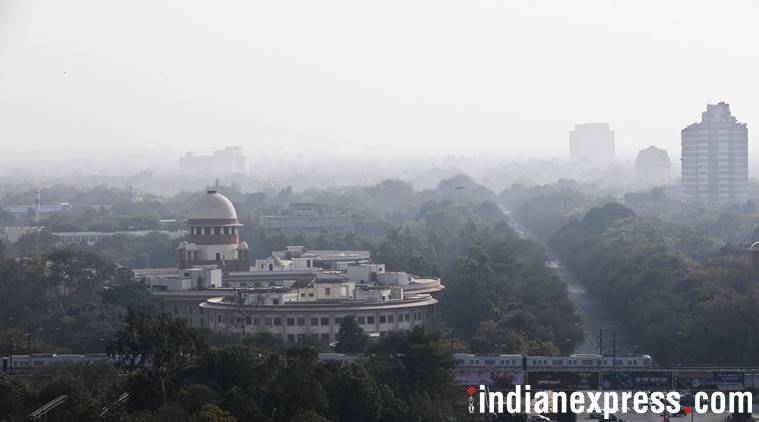 The Supreme Court said that there is no space for absolutism or anarchy in our Constitution.
The Supreme Court said that there is no space for absolutism or anarchy in our Constitution.
Settling the power tussle between the Arvind Kejriwal-led Delhi government and the Lieutenant Governor, the Supreme Court on Wednesday said that L-G cannot act independently in making decisions and must act on the aid and advice of the Council of Ministers or implement the president’s decision. Asserting that there is no space for absolutism or anarchy in our Constitution, the five-judge bench headed by Chief Justice Dipak Misra observed that the national capital enjoys special status and is not a full state. Hence, the status of L-G is not that of a Governor. Follow SC verdict on Delhi CM vs L-G LIVE UPDATES
Here are the top things the Supreme Court said while putting an end to the AAP-LG tussle in Delhi:
# Delhi enjoys special status and is not a full state as per the Constitution. The L-G’s role is not the same as that of a Governor.
# Parliament has the power to make laws for Delhi on subjects in state and concurrent list.
Also Read | Delhi Chief Minister vs L-G: A timeline
# The Delhi government can also make laws on all subjects in the concurrent list except for the three subjects in the state list which are land, police and public order.
# If Parliament makes a law, the executive power of the state must conform to the law made by it.
# L-G has no subjective independent power. He can act only on the aid and advise of the council of ministers or implement the president’s decision.
# L-G must act harmoniously with the Delhi Government and not be obstructionist at every step.
# Neither state nor L-G should feel they are lionised but realise they are serving Constitutional obligations.
# There is no space for absolutism or anarchy in our Constitution.
# The state and the Union must act in harmony and enjoy a healthy relationship.